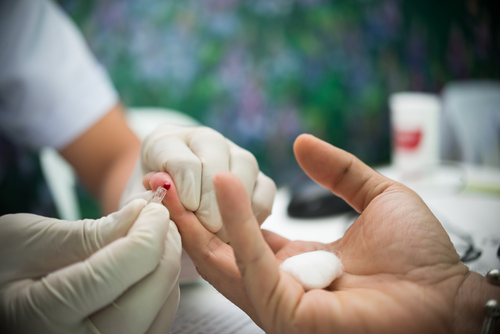Alzheimer’s disease, as defined by the Alzheimer’s Association, is a type of brain disease caused by damage to nerve cells (neurons) in the brain. The brain’s neurons are essential to thinking, walking, talking and all human activity. About 6.5 million people in the United States (age 65 and older) live with Alzheimer’s disease, according to Mayo Clinic statistics. Alzheimer’s disease worsens over time, which is why early detection is crucial.
Prior to this testing advancement, there’s been no single test to determine if a person is living with Alzheimer’s or another dementia. Presently, says the Alzheimer’s Association, medical experts rely on various diagnostic tools combined with medical history and other information. This includes neurological exams, cognitive and functional assessments, brain imaging (MRI, CT, PET) and cerebrospinal fluid or blood tests to make an accurate diagnosis. It would be a medical game-changer should these new blood tests be able to accurately diagnose Alzheimer’s disease.

“These findings are timely and important with the recent U.S. Food and Drug Administration approvals of Alzheimer’s treatments targeting amyloid-beta where confirmation of amyloid buildup and biomarker monitoring are required to receive treatment,” said Maria C. Carrillo, Ph.D., Alzheimer’s Association chief science officer. “Blood tests — once verified and approved — would offer a quick, noninvasive and cost-effective option.”
These blood tests could be available for both at-home use and in office use at a medical facility.
Early Signs & Symptoms of Alzheimer’s
- Memory loss that disrupts daily life
- Challenges in planning or solving problems
- Difficulty completing familiar tasks
- Confusion with time or place
- Trouble understanding visual images and spatial relationships
- New problems with words in speaking or writing
- Misplacing things and losing the ability to retrace steps
- Decreased or poor judgment
- Withdrawal from work or social activities
- Changes in mood and personality
*This list of 10 Early Signs & Symptoms of Alzheimer’s is credited to the Alzheimer’s Association.*
AmeriDisability will keep readers posted on further information pertaining to this medical advancement.






